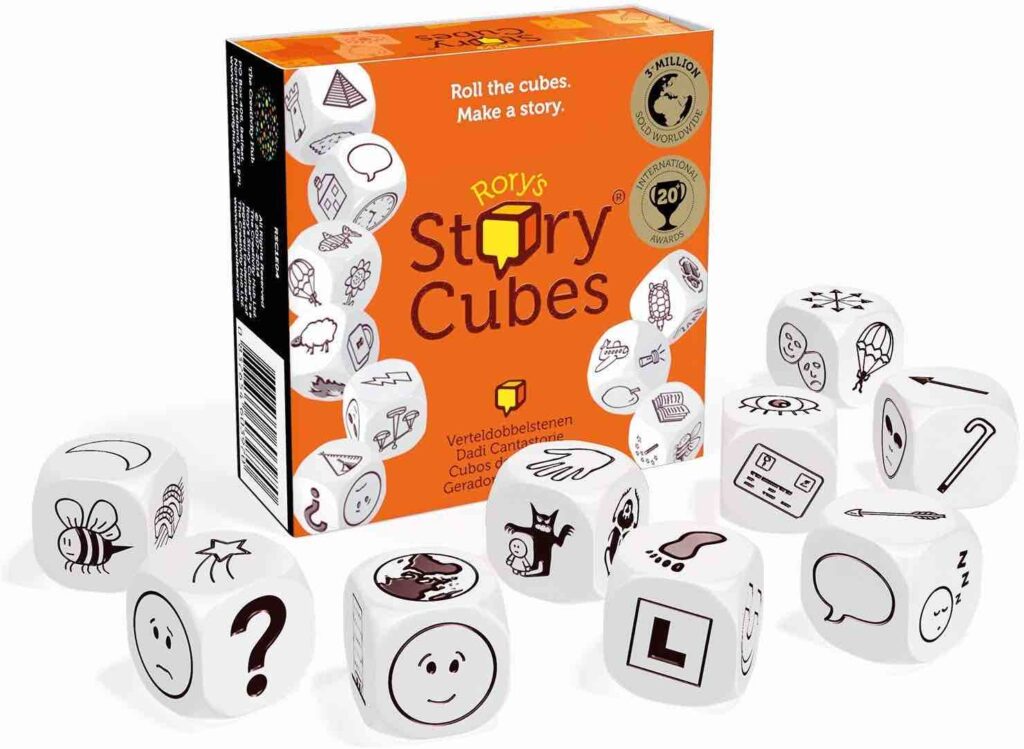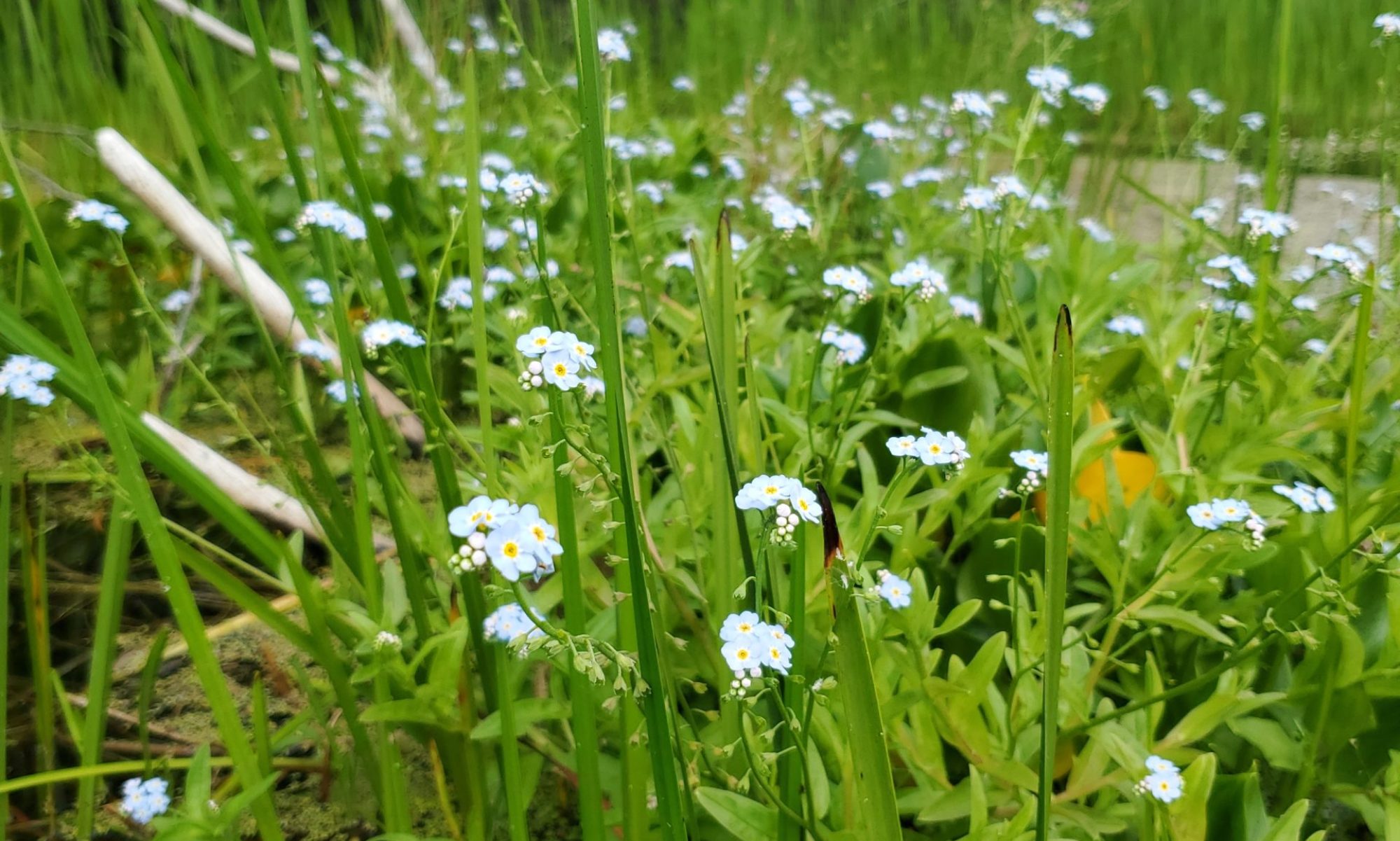For EDUC 400 Literacy with Ian Landy, we have been asked to put together a toolkit of reading, writing, and oral language resources for us to be able to refer back to as well as celebrate our learning from our Formative Practicum. As much as I would love to list ALL of Adrienne Gears’ work, here are a variety of resources that I have collected so far for literacy work:
Reading
Novel Studies
But not just your class novel study, a personalized version!! To personalize novel studies, the students can all choose whatever book they would like to study, and then present their learning however they want. The only constant between all the students are the elements of story that they need to be looking out for and reflecting on (themes, types of characters, genre tropes, etc.). Otherwise if they want to read a graphic novel and draw up a poster to reflect on their learning then go ahead! The important thing here is that they are looking at a piece of writing through a critical lens and reflect on what they are seeing/reading.
Literature Circles
I love the idea of literature circles in the classroom as well because it allows students to connect, communicate, and collaborate with a topic that they all have in common. This connection is really important in Intermediate grades because they tend to want to stick with their friend group, but by grouping students within their most comfortable reading levels they can relate with each other and expand their understanding of the text through discussion. The main focus of the literature circles (in my opinion) is to open up discussion within the groups, so the activity itself is very low impact and can be fun for students.
Word Walls (for all grades!)
In my future classroom I think I would love a word wall regardless of the grade that I am teaching because it would make room each day for the students to express that they have learned a new word and for the whole class to add this new word to their vocabulary together. A word wall would be amazing for when students are getting into new units, particularly vocabulary-rich units like in Science or Math because as the word wall grows, the students ability to reference it instead of avoiding the word grows as well.
Writing
Mystery Word Short Stories
A lesson I did up for a group of grade 6/7 was what I called a “Mystery Word Short Story” activity. I had 4 containers labelled adjective, noun, verb, and mystery. In each container held a bunch of words which fit the category (the mystery container was just a bunch of random words). The students would take one word out of each container and glue them all at the top of a blank piece of lined paper. From there, their goal was to write a short story (about 1 page) that contained all four words and had a clear beginning, middle, and end. This activity is fun because it has very little set up time and provides a structured free-write experience. It can also be done with very little set up or preparation once the words and containers are put together.
Story Cubes
These cubes have the same idea as above but leave a bit more room for creative expression and interpretation. They also offer more elements for the students to include in their writing and are more designed for strictly free write time. You would simply roll the dice and place them under a document camera so all students could see the images on the top of the dice, and then let them go ahead and write!

Classmate Biographies
This idea is from Adrienne Gears’ Non Fiction Writing Power text and I tried it out for the first time with my students in my last practicum. The process was really fun and it helped me get to know the students as well as helped the students get to know each other. The set up and preparation are fairly easy (the just need a biography planner out of the textbook) and a basic understanding of what a biography is! To be fair though, if the goal is to build the students’ non-fiction writing skills, this textbook is the way to go.
Oral Language
What If? In a Jar.
This resource is great for opening up group discussion, small discussions, or even debates within the classroom. The topics themselves encourage the students to think critically and apply any background thoughts, opinions, or knowledge to be able to state their ideas for the class. The process of thinking critically in order to convey your thoughts encourages students to slow down, think, and speak coherently so that their opinion can be clearly stated for the rest of the class to listen to and reflect on.

